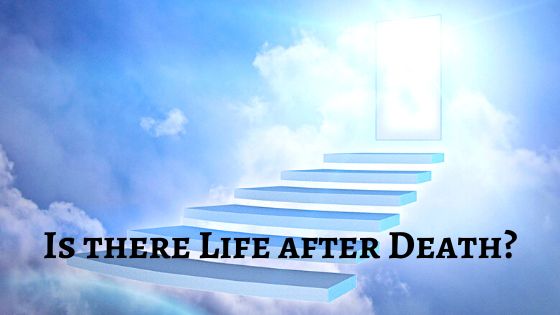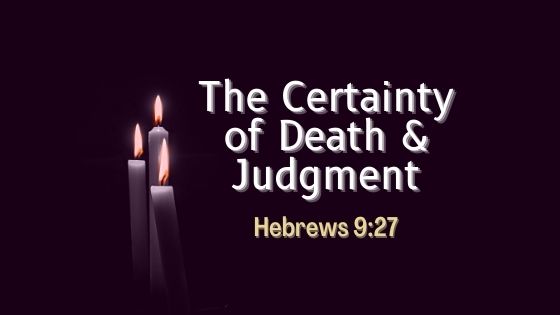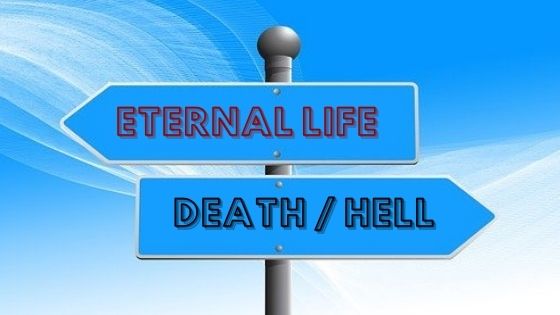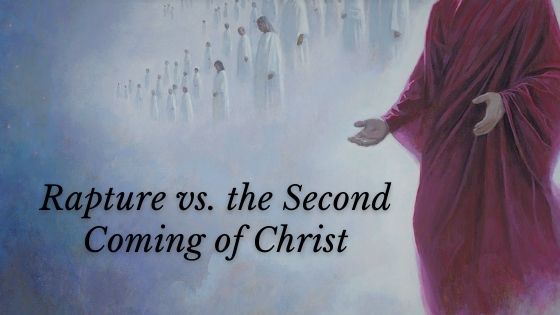Comfort One Another (Scripture Verse)
There are so many things in this world that could discourage believers in Jesus. Many countries are still suffering economically as a result of the global Covid-19 pandemic. Several schools are still to resume full face-to-face classes and many businesses never got to reopen. How then are we supposed to comfort one another as the … Read more










